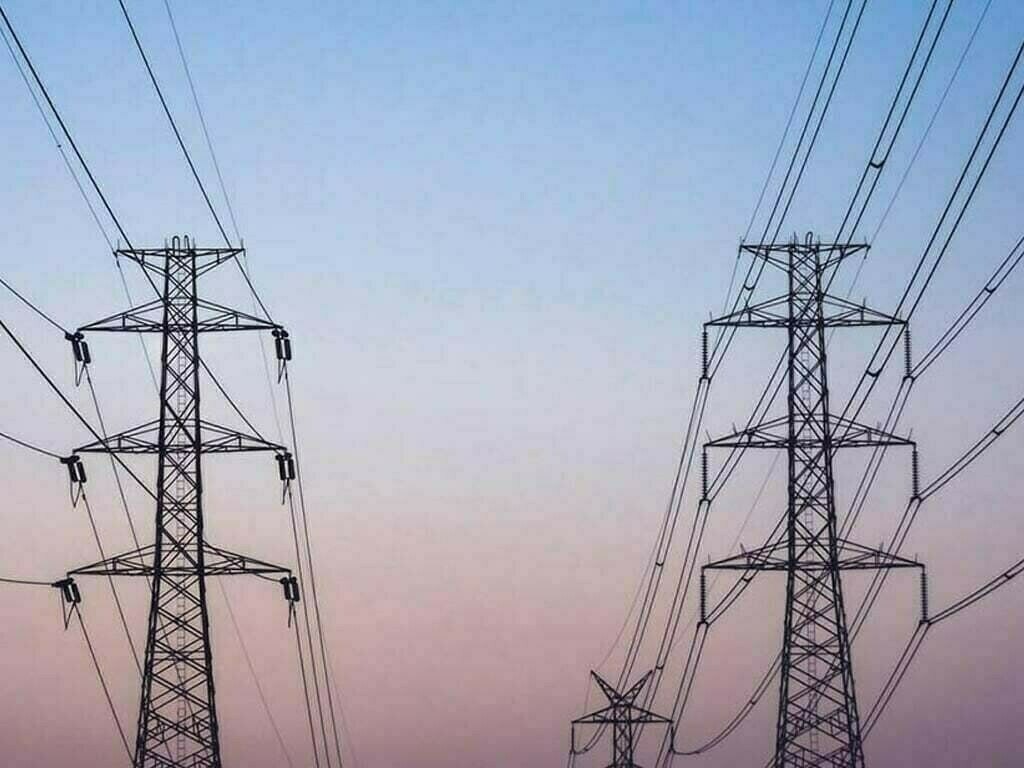KARACHI: Industrialists and exporters have welcomed the federal government’s announcement of a power tariff reduction, but deemed it insufficient to support the industry’s competitiveness in the global market. They urged for further relief to help businesses thrive and boost the country’s exports.
Zubair Tufail, a prominent industrialist and former President of the Federation of Pakistan Chambers of Commerce and Industry (FPCCI), described the decision as a positive step for the revival of the industry and economy. He praised Prime Minister Shehbaz Sharif’s initiative, calling it beneficial for trade and industry.
“This move will help lower production costs, especially for export-oriented industries facing intense competition in international markets,” he said.
PM Shehbaz unveils Rs7.41 per unit electricity rate cut to boost ailing economy
However, he stressed that the industry requires additional relief, as production costs remain higher than those of regional competitors. “The current power tariff is still a challenge for export industries. To remain competitive, the industry needs a tariff of at least Rs 25 per unit or 9 cents per unit,” he added.
Rafique Suleman, former Chairman of the Rice Exporters Association of Pakistan (Reap) and Convener of the FPCCI Rice Standing Committee, appreciated the announcement by the Prime Minister to reduce electricity prices by Rs 7.59 for industrial users and Rs 7.41 per unit for residential users.
However, he demanded that electricity prices be further reduced to support the export sector. The reduction in electricity prices is not sufficient for the industry, and there will be a decline in rice exports in the coming months, he warned.
He urged Prime Minister Shehbaz Sharif to take immediate notice of this situation as the industry needs a further reduction in electricity prices, and the fixed charges should be abolished.
Suleman further said that Prime Minister Mian Shahbaz Sharif himself acknowledges that high electricity prices are a significant barrier to development and prosperity, and that without a significant reduction in electricity prices, the country cannot develop. Therefore, there is a need to revisit the power tariff for export-oriented industries.
He also suggested that the 2 percent additional tax on solar plate imports be abolished, and net metering be made easier.
Muzzammil Chappal, Chairman of the Cereal Association of Pakistan (CAP), welcomed the government’s decision to reduce power tariffs. He praised the Prime Minister’s announcement, calling it a timely move as industrial and economic activities are gradually recovering and require government support to sustain growth.
“This decision will provide some relief to industries by lowering production costs,” Chappal stated. However, he emphasized that while the reduction is a step in the right direction, it remains insufficient. He urged the federal government to further revise the power tariff in the next quarter to better support trade and industry.
Copyright Business Recorder, 2025























Comments